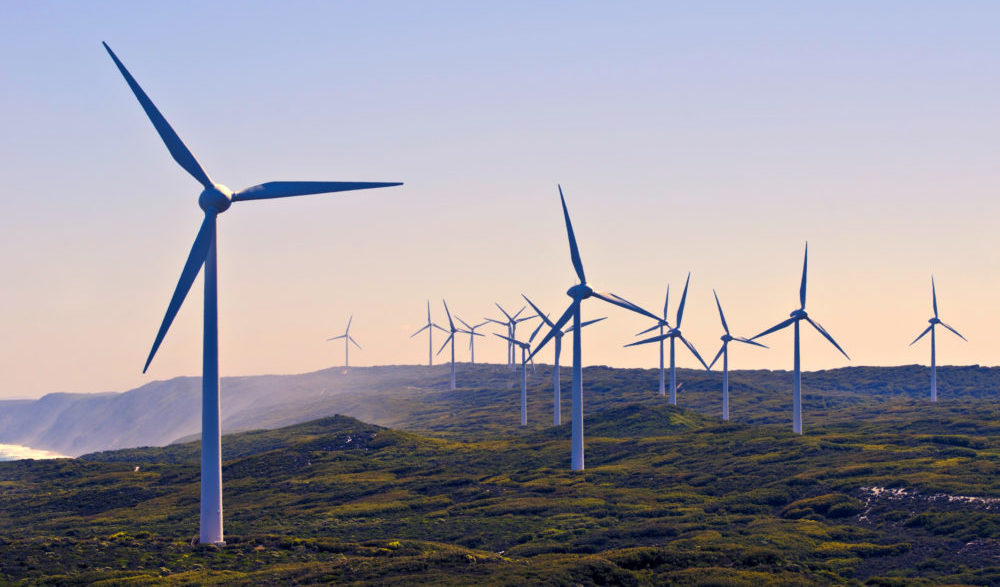Facebook, Google, BMW and other companies are pushing for systemic change in the global electricity market, in their effort to procure all their energy from renewable sources.
These companies are part of an initiative called RE100, which strives to achieve zero carbon grids on a global scale. Members currently get about 38% of their total electricity from renewable sources, according to the group’s annual report, released the week before the U.N. Climate Change Conference kicks off in Madrid.
“The leadership of members coupled with the geographic expansion of RE100 is triggering broader system change – such as in the Republic of Korea where a new mechanism is being introduced by the Government to enable companies to meet their RE100 goals,” the December report claimed.
The 155 companies that were RE100 members in the prior year increased the percentage of power they get from renewables by four points to 42%. In 2019 the total number of companies in RE100 expanded to 211.
RE100 was launched at Climate Week NYC in 2014. It’s led by The Climate Group, which wants to accelerate climate action to achieve a goal of no more than 1.5-degree Celsius global warming, in partnership with CDP, an international nonprofit that drives companies and governments to reduce their greenhouse gas emissions. Members disclose their electricity data annually and the initiative reports on their progress.
Funders include IKEA and Swiss Re, the founding corporate partners, as well as We Mean Business, a global nonprofit coalition pushing to take action on climate change, whose members include BSR, CDP, Ceres, The B Team, The Climate Group, The Prince of Wales’s Corporate Leaders Group and WBCSD.
One increasingly popular way of assuring renewable sourcing for power is the power purchase agreement, in which the electricity generator contracts directly with the buyer. PPAs set a new record in 2018 and accounted for 19% of the renewable power sourced by RE100 members — or about 14 terawatt hours of electricity consumption — the report showed. These contracts are often critical to determining whether a startup renewable project goes forward. The subsequent generation is then added to the grid.
- More than 30 members have already reached their 100% goal. Two additional ones –VMWare and Organic Valley — announced that they would reach that threshold by the end of 2019.
- Four members — BMW, Dentsu Aegis Network, Facebook and Iron Mountain — surpassed interim targets.
- About 44% of members are already influencing suppliers on renewable energy.
- “A secret ingredient to making progress fast has been been external collaboration. working with peers, NGOs, utility companies and even our competitors has helped us go further and faster than we could have by ourselves,” Kevin Hagen, VP of Environment, Social, Governance Strategy at Iron Mountain said.
- Membership is being driven by Asia Pacific companies, with Japan now home to 28 members, the third largest.






















